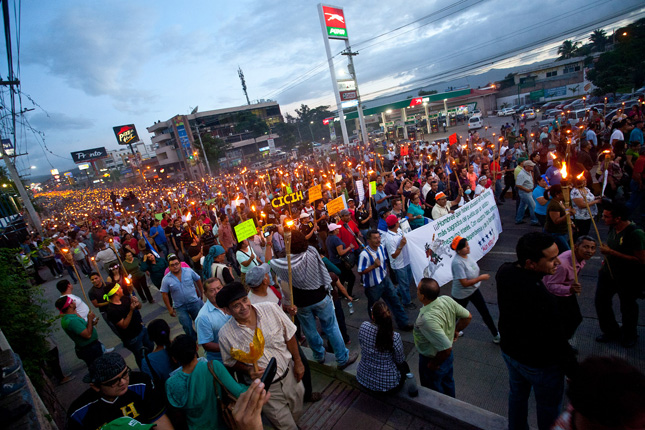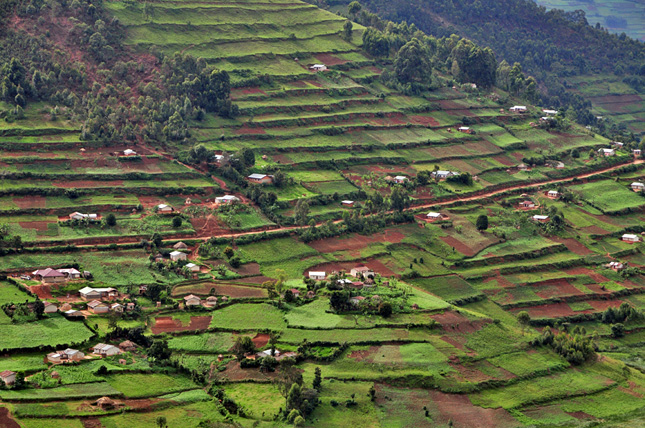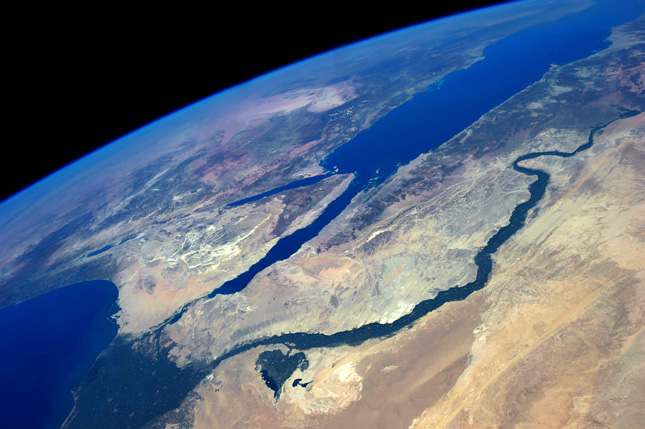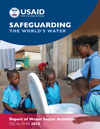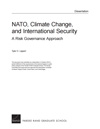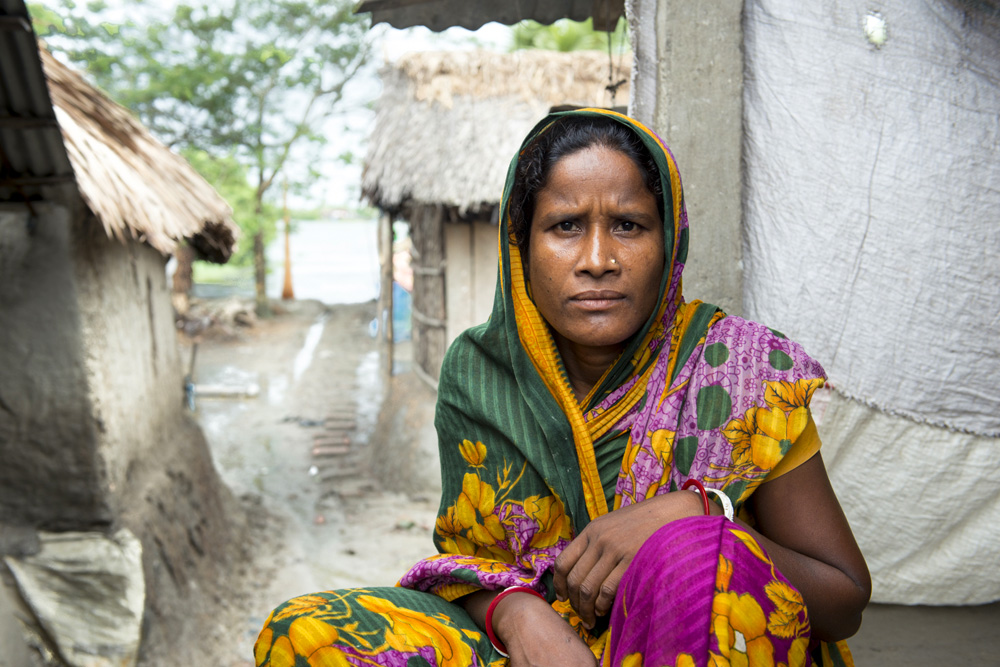-
Insights on Ending Famine and Creating Food Security in a Changing World
›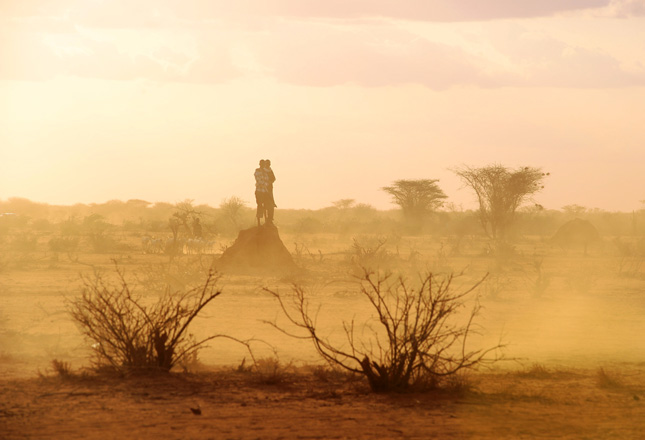
The effects of climate change combined with breakdowns in governance are leading to food insecurity “on a scale that we’ve rarely seen,” said Alex de Sherbinin, associate director of Columbia University’s Center for International Earth Science Information Network, at the Wilson Center on January 26.
-
Torn Social Fabric: Water, Violence, and Migration in Central America
›
In the first half of last year, 26,000 unaccompanied children were apprehended by U.S. law enforcement trying to cross the southern border. Most came from Central American states like El Salvador, Guatemala, and Honduras. Such displacement is just the tip of the iceberg in terms of migration in the region. Many more are moving from rural to urban areas and into neighboring countries seeking opportunity and fleeing violence.
-
With New Analytics, a Vision of Alternative Futures for Uganda
›
Since becoming an independent nation in 1962, Uganda has struggled with high rates of poverty, regional and international conflict, and both endemic and epidemic disease outbreaks, particularly HIV/AIDS. In recent years, though, it has become a key partner of the United States. The U.S. government provides foreign assistance to improve the lives of Ugandans but also to advance stability in the East Africa region generally, with the bulk of these programs administered by the U.S. Agency for International Development (USAID).
-
Global Water and National Security: Why the Time Is Now
›
During the 2016 campaign President Trump stated that clean water would be a top priority of his administration, telling ScienceDebate.org “it may be the most important issue we face as a nation for the next generation.” Now is the time to make good on that commitment.
-
The Invisible World Ocean Regime, and USAID’s 2015 Water Activities in Review
› According to their recent Safeguarding the World’s Water report, the U.S. Agency for International Development (USAID) invested $499,995,179 in water-related programming in 54 countries in 2015.
According to their recent Safeguarding the World’s Water report, the U.S. Agency for International Development (USAID) invested $499,995,179 in water-related programming in 54 countries in 2015. -
Adapting NATO to Climate Change, and the Economic Benefits of the 1.5-Degree Limit
› In his dissertation, Tyler H. Lippert of the Pardee RAND Graduate School explains how the transboundary security impacts of climate change will both challenge and elevate the role of international multilateral institutions like the North Atlantic Treaty Organization (NATO).
In his dissertation, Tyler H. Lippert of the Pardee RAND Graduate School explains how the transboundary security impacts of climate change will both challenge and elevate the role of international multilateral institutions like the North Atlantic Treaty Organization (NATO). -
2017 Is Pivotal for U.S. Leadership on Global Water Security
›
2017 promises to be a key year for U.S. government leadership on a variety of issues. Not least among them is global water security. Never have the challenges of global water security been so severe, and never have the opportunities for American leadership in the sector been greater.
-
Mismatched Flood Control System Compounds Water Woes in Southern Bangladesh
›In Koyra Number 6, a coastal hamlet bordering the Sundarbans in southwestern Bangladesh, a group of men unload barrels of water from their trawlers – 50 drums holding 30 liters each. They announce their arrival by yelling. And word spreads. This is how this village gets their daily drinking water, from a town nine miles away.
Showing posts from category food security.


